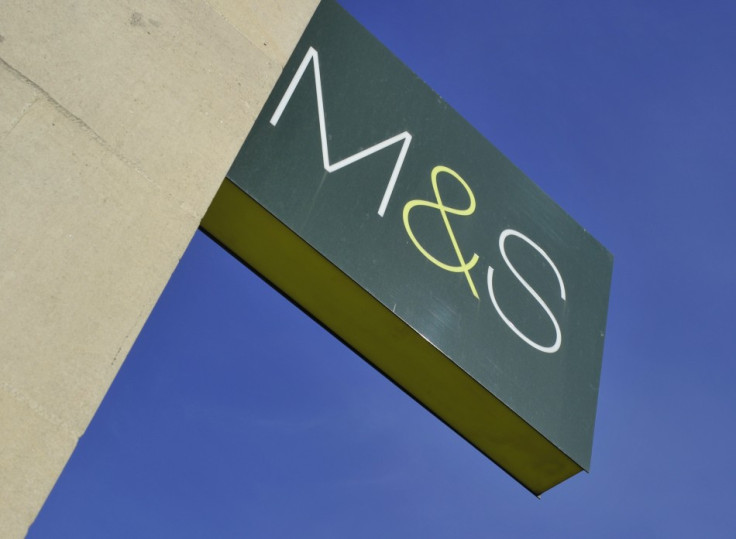Marc Bolland's Future Uncertain as Marks & Spencer Profits Fall for Second Year

British retailer Marks & Spencer reported a fall in profit for the second consecutive year due to higher finance costs that more than offset a rise in revenues.
Pre-tax profit for the fiscal year ended 30 March was £564m (€667m/$858m), down from £658m last year.
Attributable profit declined to £467m from £513m.
Nevertheless, yearly revenues rose 0.9% to £10bn, with UK and international sales rising 0.9% each. Food sales rose by 3.9%, while general merchandise sales declined 2.4%.
Net finance costs rose to £88.5m.
"We are working hard to get the General Merchandise performance back on track. We have already made progress in our operational execution, and our new Autumn/Winter ranges have received a positive reaction," CEO Marc Bolland said.
Peter Saville, partner at advisory and restructuring firm Zolfo Cooper, was not impressed:
"M&S has repeatedly tried and failed to reinvigorate its fashion offering and appeal to a younger audience. Strong food sales have not been enough to offset the weak performance of its clothing range. Bolland's future with the retailer is likely to depend on whether the current efforts to turn the retailer around pay off.
Initial signs for this latest revamp are encouraging. However, M&S is a large and difficult ship to turn and in the current conditions on the high street, any upturn in sales is hard to come by."
Bolland, who is under pressure to revive M&S's clothing business, had previously assured that the company would focus on better quality and styles in women's wear, deliver more compelling and clearer sub-brands, and facilitate shopping easier in its stores.
The autumn/winter ranges start hitting the shops in late July and are considered as crucial for the company's new general merchandise team, involving John Dixon, the former boss of M&S's food business, and former CEO of Debenhams and Jaeger, Belinda Earl.
The company also declared a final dividend of 10.8 pence per share, resulting in a full-year dividend of 17 pence per share.
Looking ahead, the company expects an improvement in underlying profit, with gross margin growing by 30 basis points to 50 basis points.
Meanwhile, operating costs are expected to increase by about 3.5% due to inflation, volume growth and new space addition. The UK space will be expanded by 2%, while the international space will be expanded by 15%.
M&S shares have surged 30% over the past year due to periodic bouts of bid speculation. They rose to a five-year high last week as its clothing strategy update and autumn/winter ranges boosted investor confidence.
© Copyright IBTimes 2024. All rights reserved.







